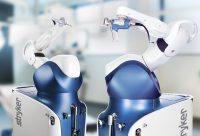
Mako robot-assisted total hip replacement
Modern hip replacement surgery was pioneered by Sir John Charnley in the UK in the early 1960s. The procedure and implant used were developed and refined over the next 30…

Modern hip replacement surgery was pioneered by Sir John Charnley in the UK in the early 1960s. The procedure and implant used were developed and refined over the next 30…
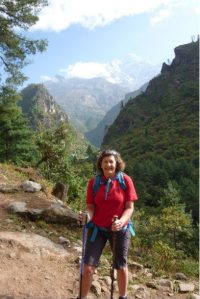
Total hip replacement surgery is one of the most successful, cost-effective and safest operations in the world today. However, despite its overall success rate, hip replacement surgery is a major…
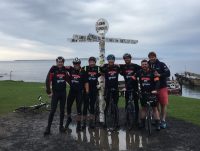
With around 80,000 carried out each year, hip replacements are one of the most common elective surgical procedures in Britain. We speak to 41-year-old Rhys Gwilliam who managed 16 years…
With some of the most advanced diagnostic equipment on-site and a specialist consultant radiologist we can provide a rapid diagnosis.
The team have access to the latest, most reliable diagnostic technology available today.
You can book a same-day assessment with a specialist to diagnose your condition.
Diagnostic equipment available to you:
An X-ray is an image of the internal structures of your body which is produced by exposure to a controlled source of radiation and stored on a special computer system. Despite all the development of more sophisticated forms of scanning, an X-ray examination remains one of the most accurate ways of detecting many knee problems.
X-ray examinations can be done as a simple outpatient procedure and you can go home straight afterwards.
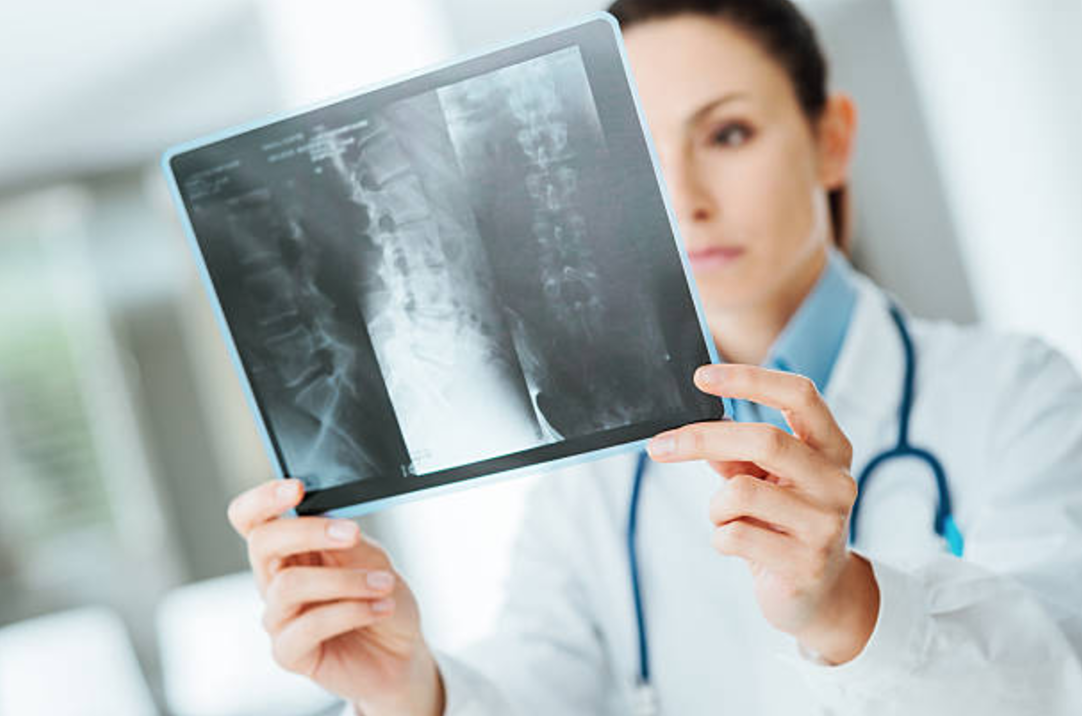
Magnetic Resonance Imaging (MRI) is a safe, non-invasive diagnostic medical imaging technique which uses magnetic fields, radio waves and sophisticated computer programs to generate highly sophisticated images of the human body.
An MRI allows us to see soft tissues in great detail, as well as bone. MRIs produce cross-sectional pictures through every part of the body. The information from the scanner passes to a computer that produces an image of the internal structure of the hip.
MRI can help us diagnose many conditions and the procedure can take from twenty to ninety minutes.
The scan will not be painful nor will you feel any discomfort from after effects.
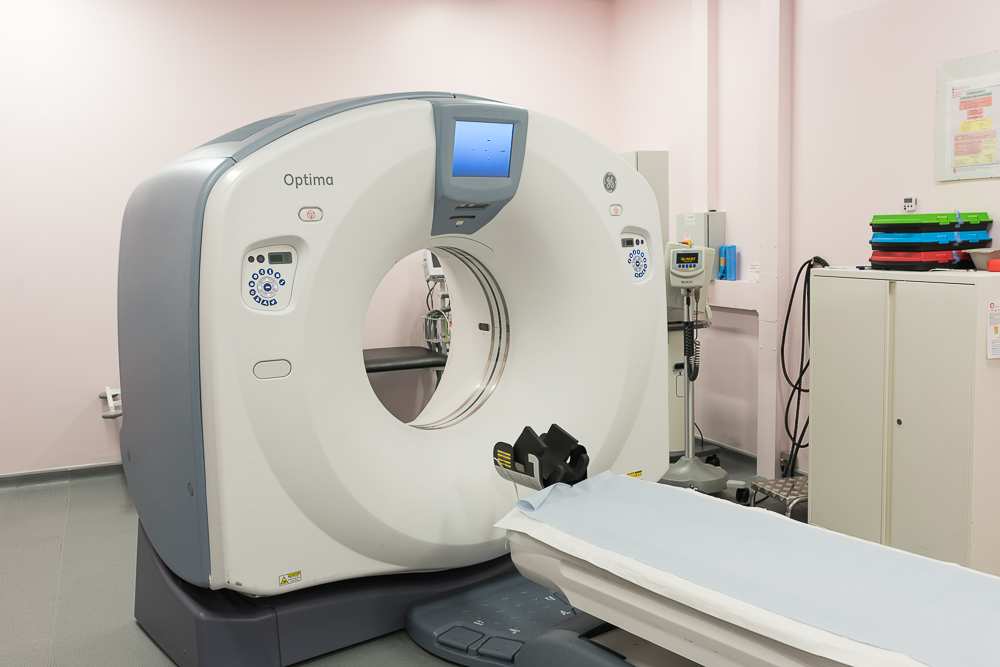
Computed tomography is an imaging procedure used to examine the internal structures of the body. It is the best modality for imaging bone and is particularly useful for identifying fractures.
CT scans can be useful for diagnosing a range of different conditions. During a CT scan, you will lie on a bed while a tub rotates around you, taking images.
CT scans are also appropriate for patients who are not able to have MRI perhaps due to having a pacemaker.
After your scan, you can drive and conduct your day to day activities normally. However any female patient who is, or might be pregnant, must notify the radiology department in advance of their examination.
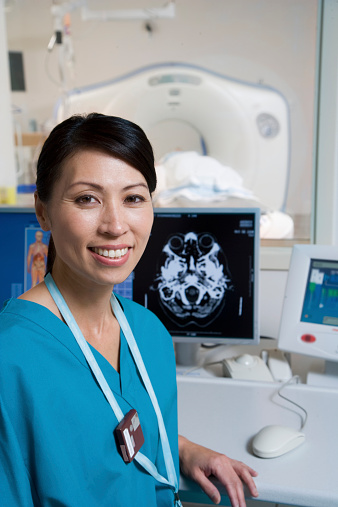
A diagnostic ultrasound is a form of imaging using sound waves, which allows your knee consultant to see inside the knee.
It is more commonly used during pregnancy, but it can also be useful to diagnose a variety of other problems and conditions within muscles, joints, tendons, ligaments and soft tissue.
The images are visible at the time of scan, meaning an ultrasound is also a useful tool to help consultant’s administer treatments

Matthew is one of only a few orthopaedic surgeons in the UK specialising exclusively in treating hip conditions. Replacements are a large part of his practice. Many patients are referred to him from other orthopaedic specialists.
Matthew Burwell
Consultant Orthopaedic Surgeon
Dave Hepburn
Specialist Senior Physiotherapist
Dr Graham Robinson
Consultant Radiologist
Hannah Nestor
Specialist Theatre Nurse
Laura Davies
Medical Secretary
Matthew Burwell was recommended to me by someone who was working with the leadership team at Circle Bath, because of his skill as a surgeon and also because the hospital was so good
Dame Carolyn McCall CEO ITV
By 2004 my left hip was causing me lots of problems . I saw a video of me coaching and realised that there was an issue . An exaggerated limp was an understatement ! Matthew took one look at me and arranged for my hip replacement to be performed at the Bath Clinic . Read full testimonial
Brian Ashton MBE English rugby union coach and former player
In 2017, Matthew Burwell replaced my right hip. Along with his team he did a wonderful job, followed by excellent post-operative support. Read full testimonial
Elaine Harris
If surgeons could be awarded Michelin stars for surgery, Matthew Burwell should be given three! He is so experienced, so kind, so thorough, and so utterly competent—I felt at ease from the moment I met him. He treated me with respect at all times, and made sure I understand everything that would happen. Read full testimonial
Linda Blair Clinical Psychologist
